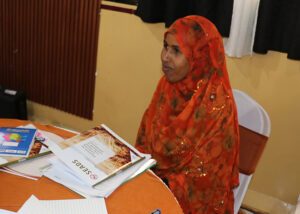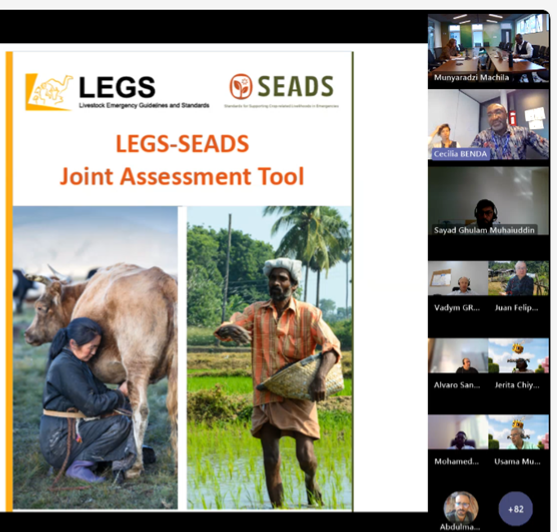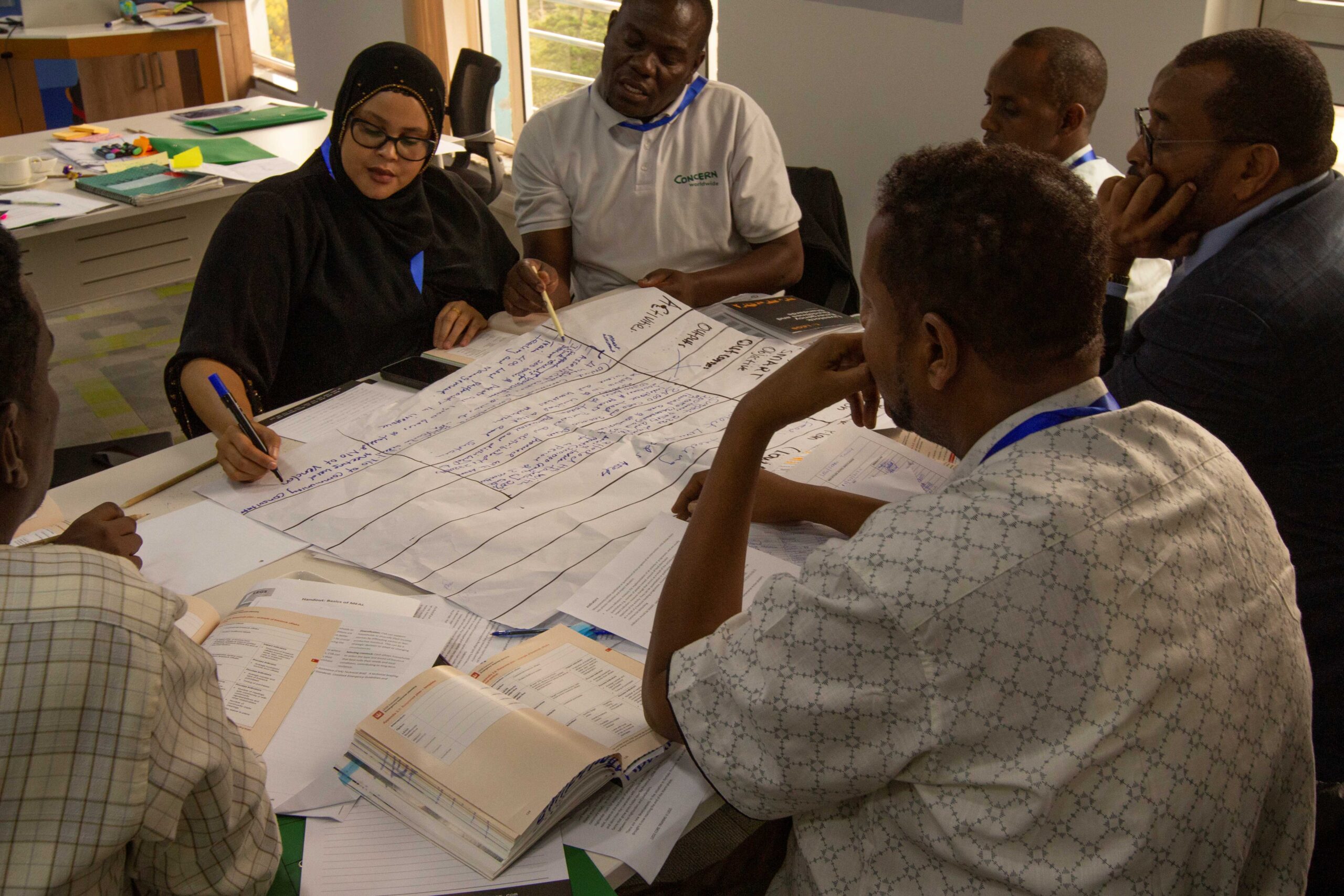
By Abdirahman Mohamed and Barkhad Suleiman
A three-day SEADS Practitioner Training, held in April 2025 in Burao, has strengthened Somaliland’s capacity to respond to crop-related crises, equipping agricultural practitioners with internationally recognized standards to improve emergency interventions. Organized by GIZ’s Support of Agricultural Production and Quality Assurance (SPQA) project, the training brought together 28 participants (22 men and 6 women) from government ministries, NGOs, and development agencies across Somaliland. The course aimed to build capacity among agricultural practitioners in designing, implementing, and evaluating crop-related crisis responses.
Attendees included representatives from the Ministry of Agricultural Development (MOAD), World Vision, Mercy Corps, and local organizations such as the Agricultural Development Organization. This diverse representation fostered rich exchanges of experiences and best practices, highlighting the collaborative approach needed to address Somaliland’s recurring droughts and food insecurity.
In his opening remarks, MOAD Director General Eng. Abdirizak Gaas highlighted the alignment between the training and national agricultural strategies, including the Somaliland Agricultural Development Strategy 2022–2026. One aim of the training was to begin the process of standardizing and institutionalizing resilient agricultural responses in Somaliland, contributing to long-term food security and reinforcing the nation’s preparedness for recurring climate shocks. By equipping practitioners with knowledge about SEADS standards, the training contributes to the broader goal of saving lives through sustainable livelihoods, aligning with Somaliland’s vision for climate-resilient agriculture and food security.
Participants praised the training for its practical relevance to Somaliland’s drought-prone environment. According to post-training evaluations, 76% reported high confidence in applying SEADS principles, while 80% felt better equipped to identify appropriate responses to agricultural emergencies. Nearly all attendees (96%) said their expectations were fully or mostly met. SEADS trainers Abdirahman Mohamed Ali and Barkhad Suleiman Mohamed guided the sessions using interactive and collaborative teaching methods, with participants noting particular value in topics such as needs assessments, response design, and monitoring.
Participants concluded the training by recommending broader dissemination and uptake of SEADS, including scaling up training sessions, translating the handbook into Somali, and embedding the standards into national policies and academic curricula.


